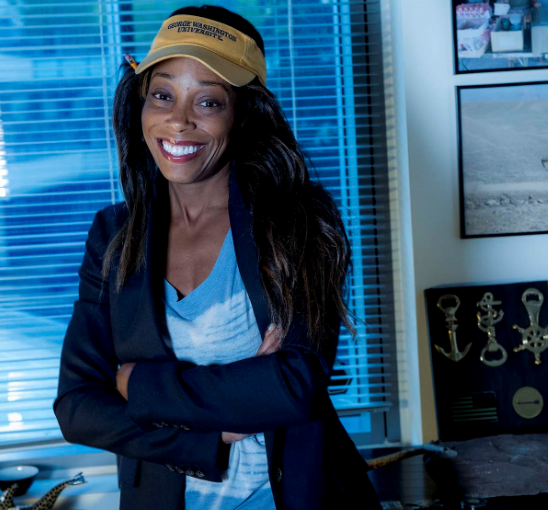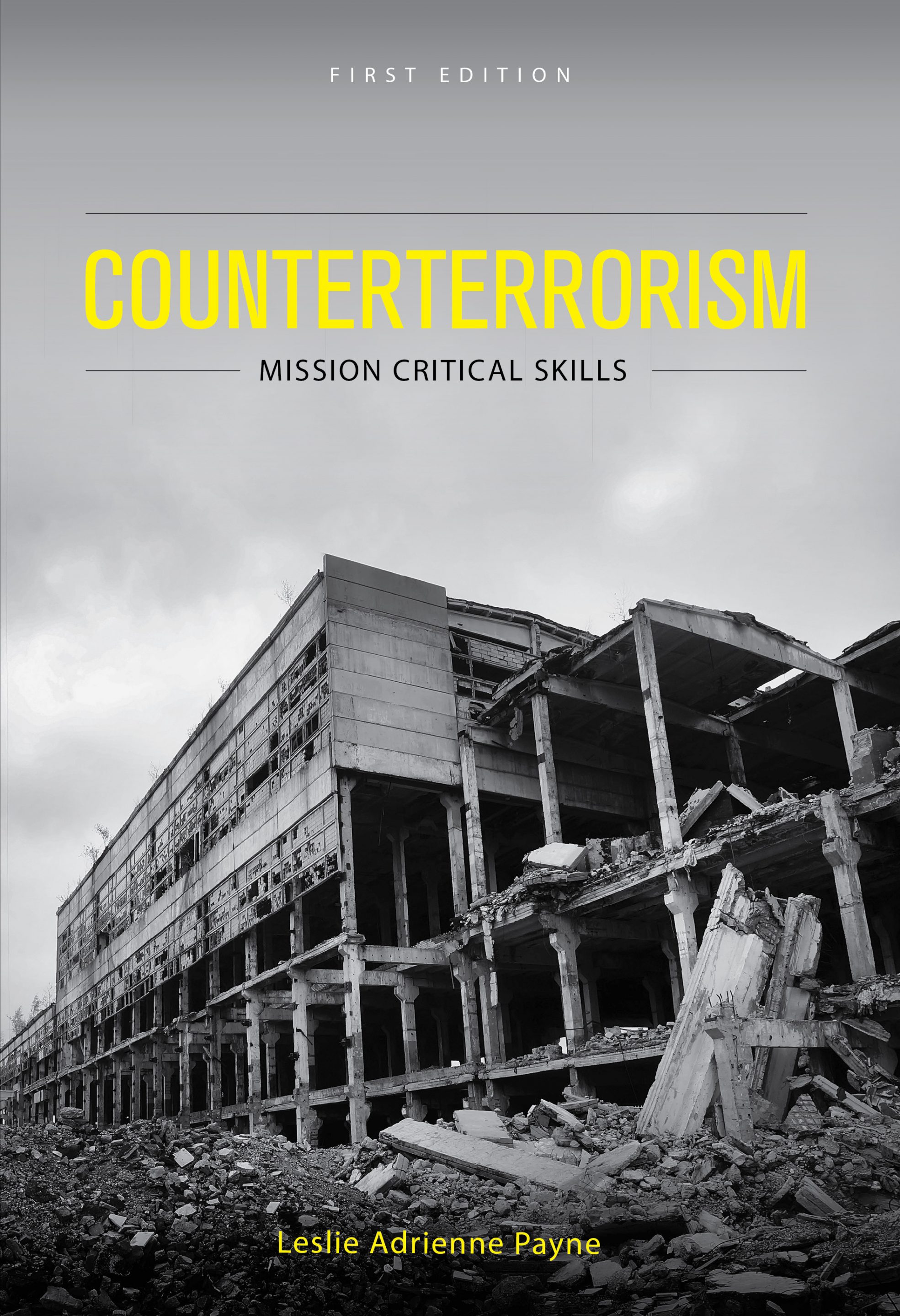What are your main areas of research or professional expertise?
My research falls into several categories, or “buckets.” My academic background centers on anthropology and social science, so I tend to gravitate towards problem areas in which sub-consciousness, or less than apparent psychosocial explanations, can be applied to what might appear to be technical problems. I’m always looking for how individual thought and behavior (often unbeknownst to us) shape our decisions—what we elect to do or not do.
Given this, one of my many research interests is how people and institutions organize their thought processes, and their resources, to tackle this difficult problem of terrorism (e.g., extremism). This applies to all categories of terrorism: white-nationalist terrorism, Christian-extremism terrorism, Islamic-extremism terrorism, and more. How are individuals and institutions thinking about the “tools” they have at their disposal to do so?
One under-the-radar tool might be the harnessing of higher degrees of emotional intelligence and soft skills when tackling the problem set of terrorism. This goes beyond the highly commercialized practice of trying to “get into the mind of the terrorist” and also encompasses examining our own behavior, proclivities, and training as professionals. For example, can we better exercise skills such as imagination, discernment, conscientiousness, and teaming to accomplish the very difficult work of counterterrorism?
What inspired you to write Counterterrorism: Mission Critical Skills?
My inspiration to write this book came from a few interesting sources—and my unique background figures heavily here. I was born and raised in Los Angeles and raised in an environment that revolved around the entertainment industry: smart and creative people whose sole (and major task) was to create large productions that touched and entertained wide swaths of people. Yet, I left that environment and went to school to study anthropology, political science, social science, and security affairs. And, when doing this, I worked and lived around the world in both dangerous war zones and normal American cities and towns.
What I realize now is that all of those dimensions converged to create a specific personal perspective that was instrumental in me writing this textbook: we can teach students and professionals about so much, why not add to that mix the importance of creative thought and action when tackling difficult problems like identifying, apprehending, and prosecuting terrorist suspects? This is absolutely possible, but it starts with underlining the importance of “soft skills” that many mistakenly think are intuitive, what the book synonymously refers to as “mission critical skills.” These are: teamwork, imagination, strategic conscientiousness, cultural mindfulness, discernment, empathy, mutuality, and operational adaptability. I show how such skills are essential in both our professional and personal lives, and especially for those in the counterterrorism field.
My personal background as a creative artist—and even as new mother thinking about the future composition of society and its inhabitants—merged with my professional experience in national and international security. This textbook is the unique byproduct of that merger.
And finally, there is an existential component to this book. When planning it I thought deeply about the range of skills, or attributes, that were essential not just for work but for our very human and personal interactions with folks in our orbit. What type of human/citizen/neighbor/friend/sibling/auntie/parent do we want to be? What characteristics are important and can any transcend the personal realm into our professional spaces?
You attended Howard University. How did your experience attending a historically Black college (HBCU) (and specifically Howard) influence your career path, the ways in which you interact with others in your discipline today, the ways in which you approach your work, etc.?
The magic of Howard University runs through my blood—literally. My parents attended, met at, and married shortly after Howard. That was 52 years ago and they are still together. As a family, to this day, we marvel at the magical way Howard creates in you a pride and strength about your Black identity—about the Black community—that nurtures and sustains you after you leave and re-enter a professional and personal world that can be hostile and harsh to Black thought, Black entrepreneurism, and Black mobility. Before coming to Howard, I was consistently in majority-white settings, and following those constructive four years I was thrust back into those homogenous environs. Howard served as both a visible and tactile reminder of Black ambition. It built my confidence to survive and thrive in spaces with few Black women. It taught me to ignore the peripheral “noise” and focus on the objective ahead, like so many of us have done and continue to do.
What do you hope students and professionals take away from your book?
My preference is for students, budding professionals, and seasoned professionals to extract from my book the importance of self-reflection and imaginative thinking when tackling hard problems. People can expand their personal and professional horizons by realizing that we have both an IQ (intelligence quotient) and EQ (emotional quotient). And the latter can be just as important in influencing outcomes—both personal and professional. Harnessing emotional intelligence and soft skills is key. Hopefully, students can understand this much earlier than I was able to.




